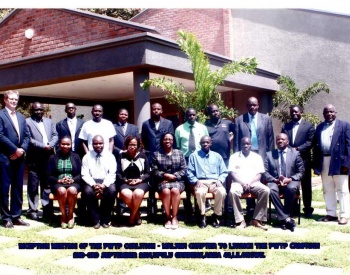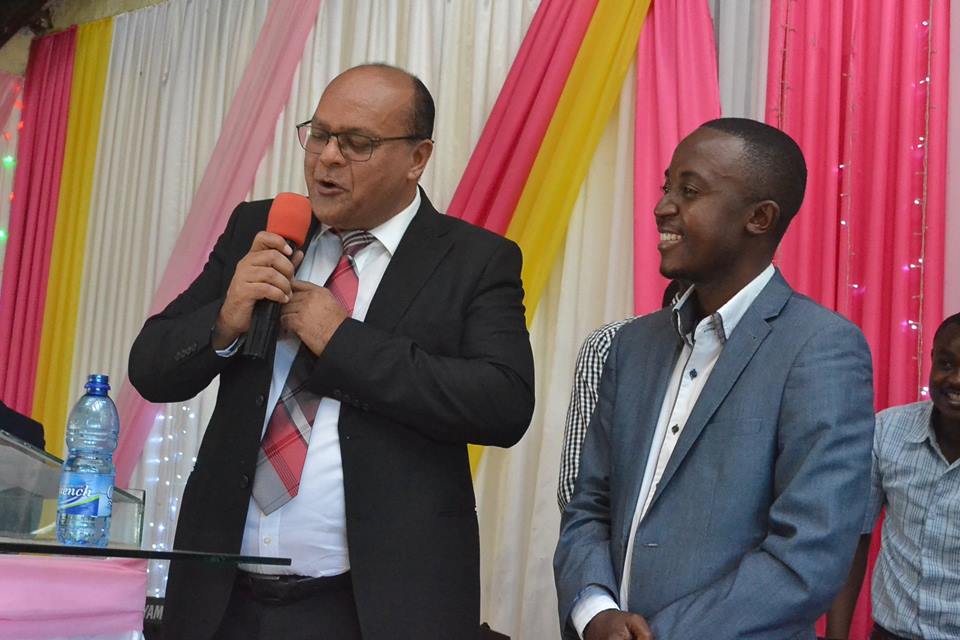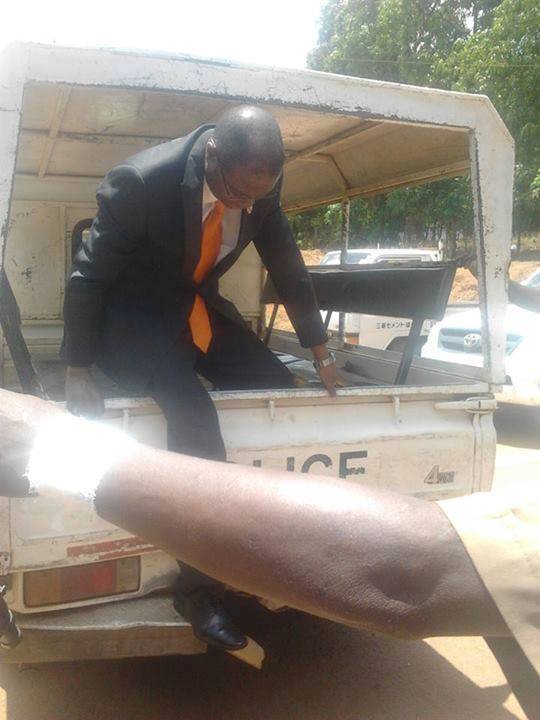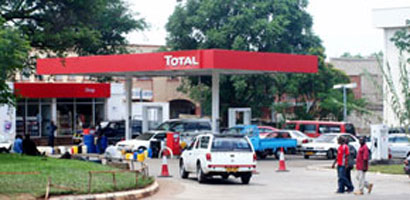From the Albertine basin in Uganda to Mozambique’s gas windfall, countries in East & Southern Africa have been experiencing a flurry of extractive discoveries. Malawi hasn’t been left out, with an oil discovery under Lake Malawi and not insignificant deposits of uranium. With the majority of Malawi’s citizens living below the poverty line, discoveries such as these could be transformational for the country.
However, Malawi’s natural resources will only prove a boost if the revenues from mining are used responsibly and invested wisely. It is also tempting at moments like these for governments to rush in, issuing licenses left right and centre, in order to start profiting from these riches below the ground as soon as possible.
But these riches aren’t free; they come at a cost. Whether that cost is in the loss of agricultural land – which is already becoming scarce in Malawi – or as a cost to the environment, mining doesn’t come cheap. Decisions over whether and how to extract need to be made in a deliberate manner that takes into account the views of companies. Rushing in with companies can result in less than optimal deals which mean that Malawi’s citizens, and future generations, could lose out. Kaulungu Simwaka from Citizens for Justice explained that the Malawi government has issued dozens of contracts and license to foreign companies, but these agreements have remained secret. How can citizens be sure that their government has obtained a good deal? Mining companies have already made profits from Malawi’s natural resources, but these haven’t necessarily translated into benefits for communities.
It is for these reasons that civil society in Malawi is joining forces to form a PWYP coalition. A group of organisations met in early September in Lilongwe to debate the justification for forming a coalition, and what their objectives should be.
Civil society wants extraction the country to be carried out in a deliberate and measured way, with transparency and accountability present at each step. Revenue payments must be published so that civil society can follow the money – one of the coalition’s key goals will be to push for the implementation of EITI. The organisations are currently preparing their application to join PWYP as a coalition. A PWYP campaign would also call for extractive companies to publish their CSR commitments and call on the government to publish all extractive contracts.
“The campaign will prioritise its activities to ensure maximum revenue collection by the Government” said Mr. Simwaka, “as well as advocate for an appropriate budgetary allocation and utilisation of the extractive revenues to serve the development aspirations of Malawians.”
Mr. Simwaka explained how Malawi’s civil society could benefit from the lessons learned and experiences gained by other PWYP national coalitions and the network as a whole. Being part of a global coalition could also help them amplify their voices to a larger platform and access capacity building and fundraising opportunities.
“Over all” he concluded, “a PWYP Malawi campaign would aim to prevent a political elite from corruptly amassing wealth from the mining boom at the expense of the nation. Instead, revenues from the extractive sector will be invested into national development to the benefit of all Malawians”.




